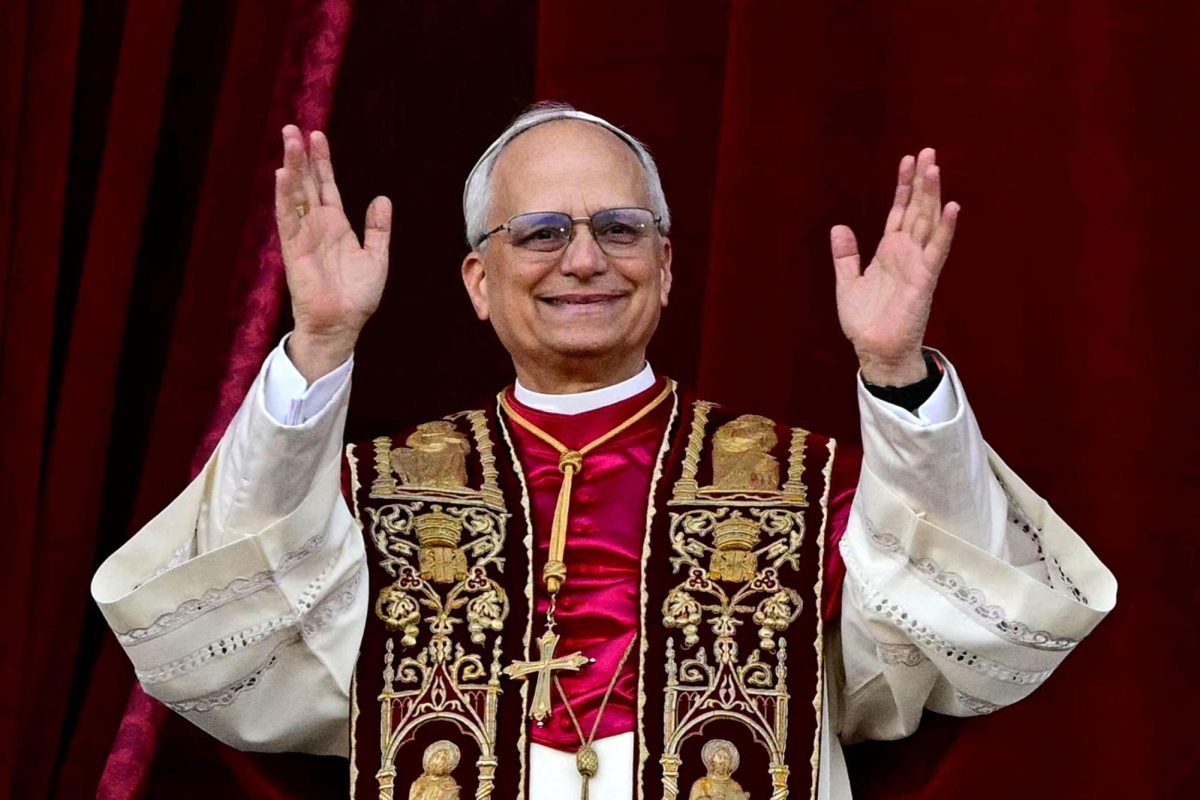The Roman Catholic Church has entered a significant new chapter with the death of Pope Francis at the age of 88. In the wake of his passing, the College of Cardinals convened in conclave and, following two days of deliberation, elected Cardinal Robert Francis Prevost of the United States as the 267th Bishop of Rome. He has chosen the papal name Leo XIV, becoming the first pontiff born in the United States in the history of the Church.
A Pontificate Marked by Reform and Outreach
Born Jorge Mario Berglogio in Buenos Aires, Argentina, Pope Francis was elected in March 2013, becoming the first pope from Latin America and the first member of the Society of Jesus to hold the office. His pontificate was widely recognized for its emphasis on pastoral case, social equity, and institutional reform.
He issued several major encyclicals, including Laudato Si’ (2015), a significant statement on environmental stewardship, and Fratelli Tutti (2020), a broad call for global fraternity and renewed social dialogue. His agenda also included efforts to increase financial transparency within the Vatican and address the global clergy sexual abuse crisis, though critics noted that structural reform in those areas remained incomplete. Pope Francis’s approach blended theological continuity with administrative innovation, and he consistently emphasized mercy, solidarity, and global engagement. His leadership has been the subject of both praise and debate within the Church and among observers of global religion.
The Election of Leo XIV: A Historic First
On May 8, 2025, the traditional white smoke rose above the Sistine Chapel, signaling the successful election of a new pontiff. The announcement– “Habemus Papam” – was delivered by the senior cardinal deacon, introducing Cardinal Rober Prevost as Pope Leo XIV.
At 69, Leo XIV brings a combination of academic, missionary, and curial experience. Born in Chicago in 1955, he is a member of the Order of St. Augustine. He previously served for over a decade as bishop of Chiclayo in northern Peru and was appointed in 2023 by Pope Francis to lead the Dicastery for Bishops, one of the most influential departments of the Roman Curia, responsible for appointing bishops globally.
His election is historically significant not only for his American origin, but also for his extensive international experience, reflecting broader demographic and cultural shifts within global Catholicism. The Americas– both North and South– now represent some of the most dynamic regions of Catholic life, even as traditional strongholds in Europe continue to see declining attendance and vocations.
In his brief first public appearance on the central balcony of St. Peter’s Basilica, Pope Leo XIV offered a greeting to the faithful and acknowledged the legacy of his predecessor. At his first appearance from the Central Loggia of St. Peter’s Basilica, he greeted the city of Rome and the world with the words “Peace be with all of you!” In his remarks, Pope Leo XIV called for unity, compassion, and emphasized the importance of ethical journalism, urging reporters to “disarm communication” by avoiding aggression and promoting peace. He further called for the release of imprisoned journalists and affirmed the “precious gift of free speech and the press.” He honored his predecessor, Pope Francis, and urged the Church to serve the marginalized while warning against the decline of faith in a materialistic world.
Challenges and Priorities Ahead
Pope Leo XIV assumes leadership of the Catholic Church at a time of substantial complexity. While Catholicism remains a global institution with over 1.3 billion adherents, it faces pressures including secularization, governance disputes, and doctrinal polarization across regions.
His prior work– bridging ecclesiastical cultures in Latin America and Rome– may position him effectively to engage both historical and organizational challenges. Observers expected his pontificate to continue several initiatives begun under Pope Francis, particularly in areas of bishop selection, decentralization, and curial restructuring.
Pope Leo XIV’s American background is expected to be more symbolic than directive; however it reinforces a larger trend of papal attention to voices outside traditional European power centers. Whether and how Leo XIV reshapes the global Church’s trajectory will depend on both his administrative decisions and the wider ecclesial climate in which he now serves.

